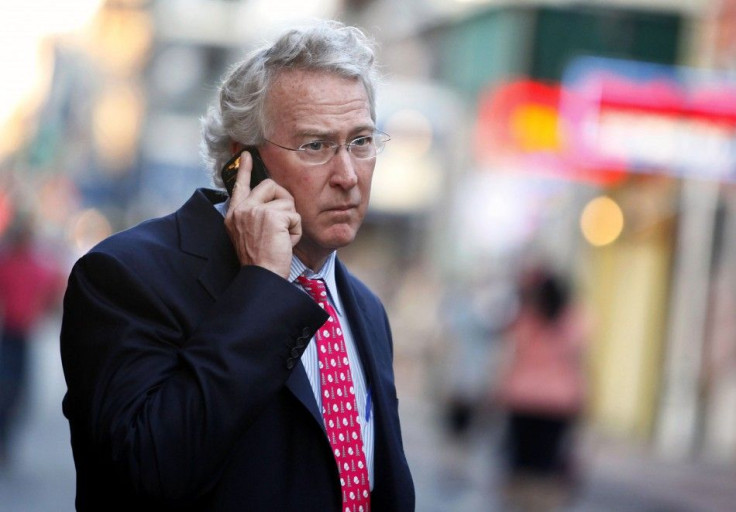Chesapeake Energy CEO Received $1.1B in Unreported Loans: Reuters
Shares plunge nearly 9 percent

CORRECTED
The CEO of Chesapeake Energy Corp. (NYSE: CHK), the nation's second-largest natural gas producer, has received over $1.1 billion in unreported loans over three years, Reuters said Wednesday. Shortly after that report, shares in the company plunged nearly 9 percent.
The loans, made through three firms with close ties to the chief executive, were structured as a virtual fractional daisy chain: CEO Aubrey McClendon has an employment perk that let's him buy a 2.5 percent stake in every well his company exploits. Documents reviewed by Reuters showed McClendon exploited that perk and then used those acquired stakes as collateral for further loans.
Oklahoma City-based Chesapeake says there is nothing untoward about the loans, but analysts and experts consulted by Reuters noted a potential conflict of interest that was inherent in such transactions.
If Mr. McClendon has $1 billion in debt through his own companies -- companies operating in the same industry as Chesapeake -- he has or could have a high degree of risk for conflicts of interest. As in, whose interest will he look out for, his own or Chesapeake's? Joshua Fershee, an associate professor of energy and corporate law at the University of North Dakota, told Reuters.
It would not be the first time McClendon's dealings were questioned. In 2008, after Chesapeake's stock tumbled over 80 percent, the company head was awarded an outsize $112 million in compensation, including a special $75 million one-time award that prompted shareholder lawsuits. That same year, the company made several other eyebrow-raising expenses related to McClendon: spending millions to sponsor an NBA team he co-owns, giving contracts worth hundreds of thousands to a catering company he has a stake in, and -- most notably -- buying his collection of rare maps for $12 million.
I have never seen a more shameful document than the Chesapeake proxy statement, investor Jeffrey Bronchick wrote in a letter to Chesapeake's board at the time, according to the Wall Street Journal. If I could reduce it to one page, I would frame and hang it on my office wall as a near perfect illustration of the complete collapse of appropriate corporate governance.
This time around, the transactions causing rumblings among investors are noted for not being openly disclosed.
Any loans are Mr. McClendon's personal business and not appropriate for review or monitoring by the company or public comment, Chesapeake general counsel Henry Hood told Reuters.
Investors did not react kindly to the surprise. Shares of Chesapeake Energy tumbled $1.69, or 8.84 percent, to $17.47, during mid-morning trading on the New York Stock Exchange.
CORRECTION: An earlier version of this article stated the loans were underwritten by Chesapeake Energy. That information has been updated to note the loans were made through other entities.
© Copyright IBTimes 2024. All rights reserved.





















